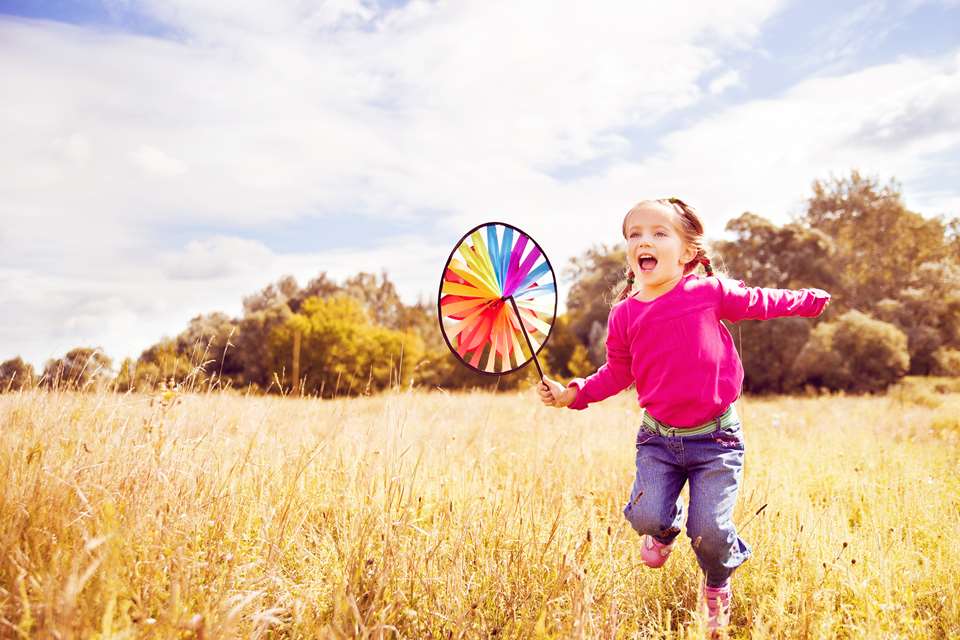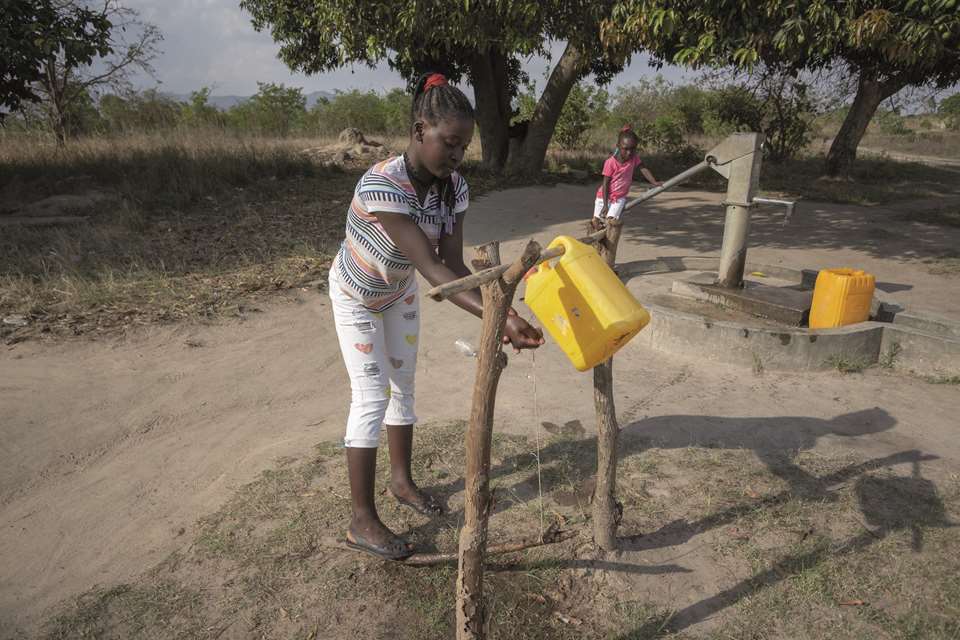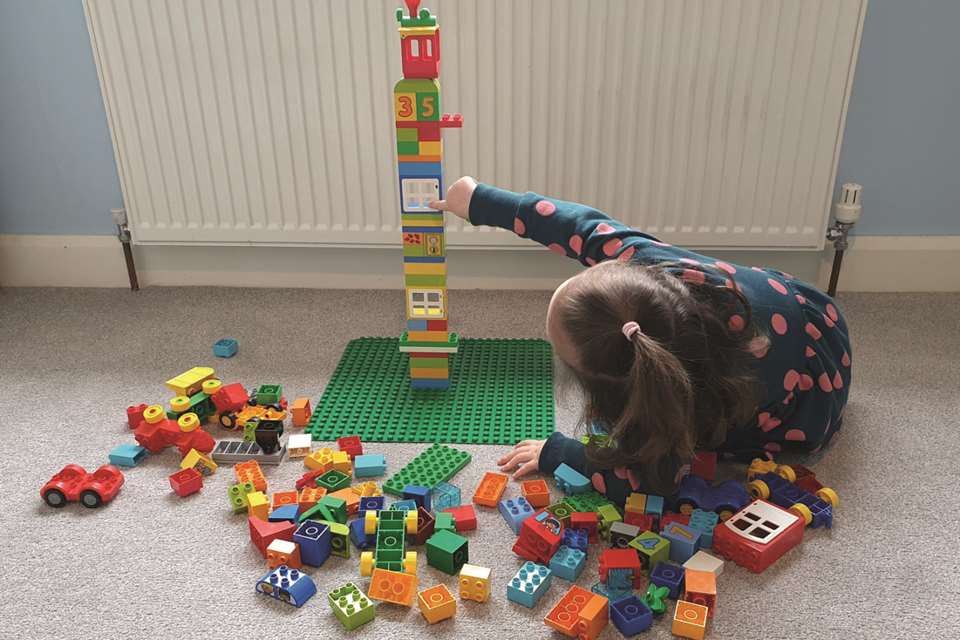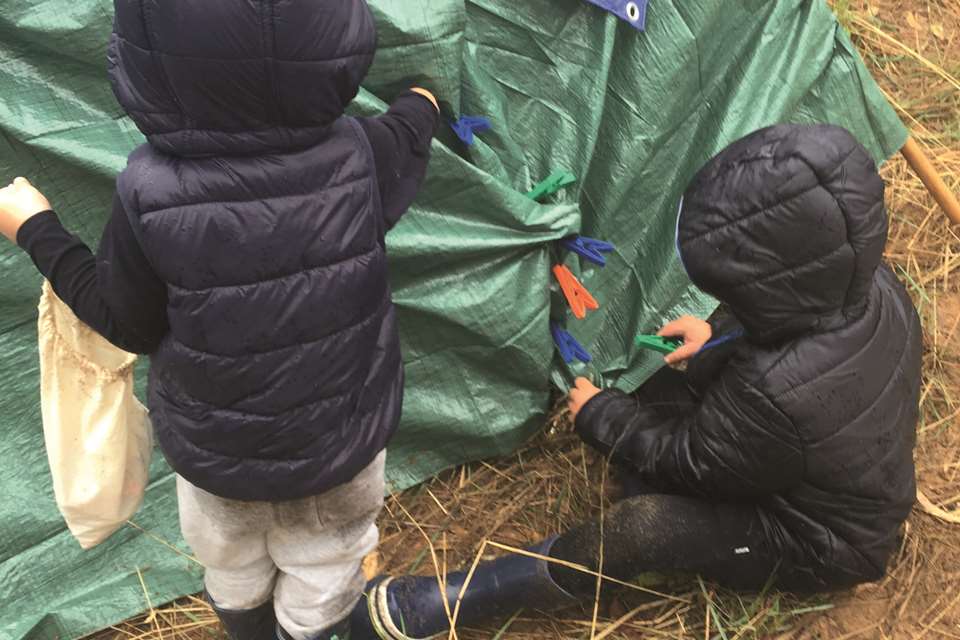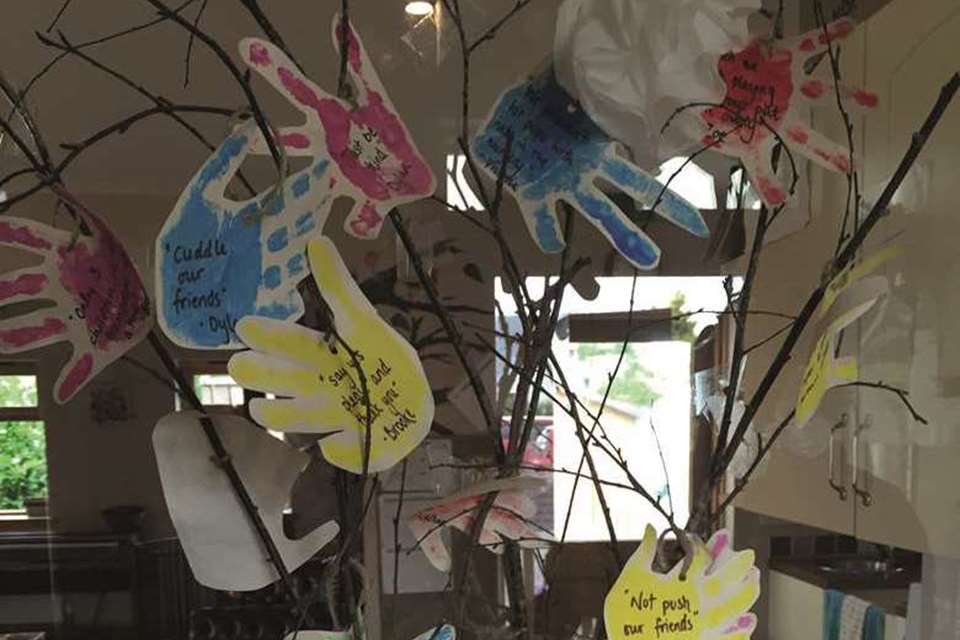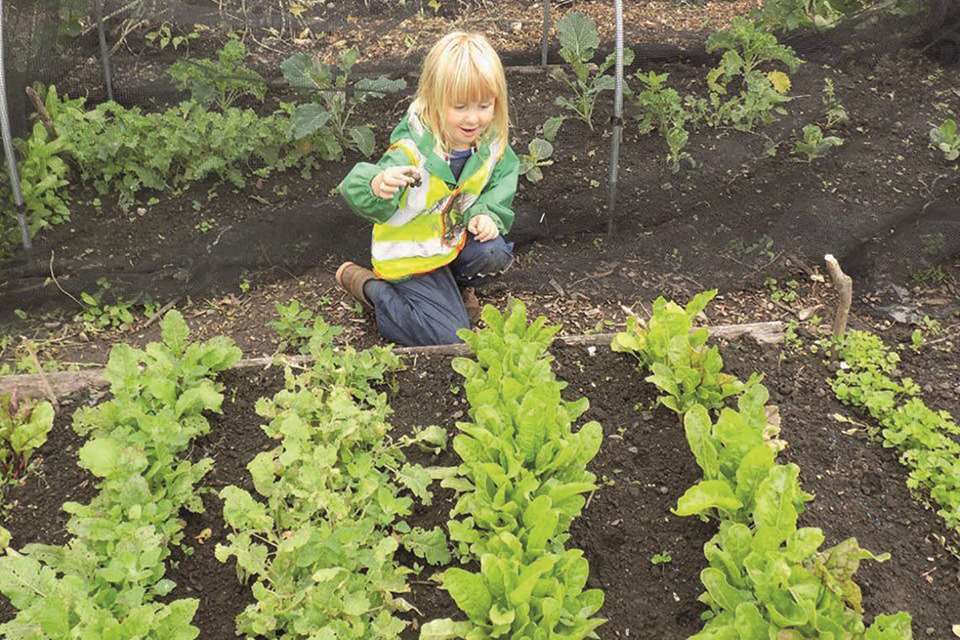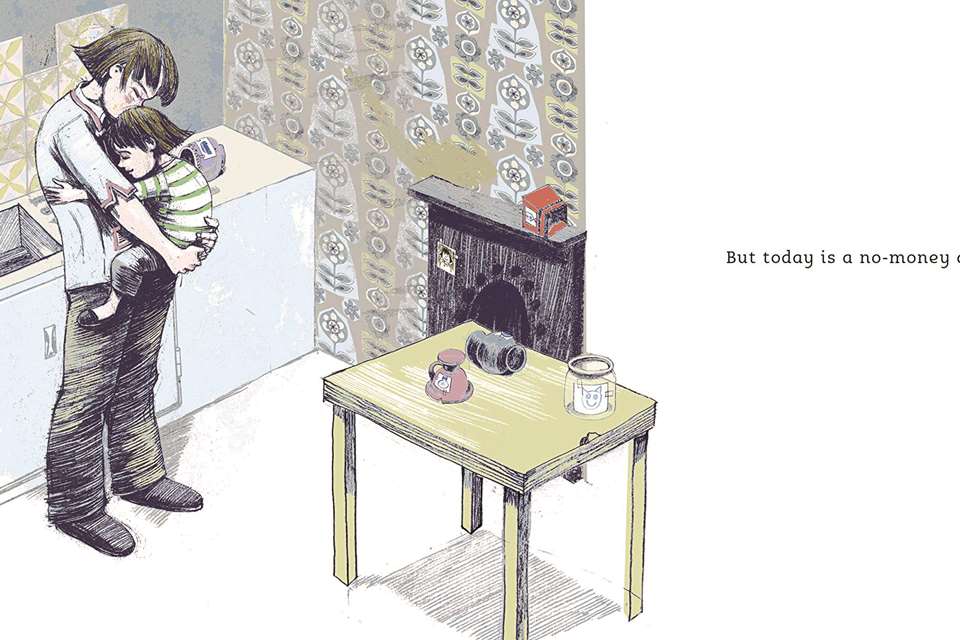EYFS Activities - Education for Sustainability: Nice work!
Dr Diane Boyd
Tuesday, August 3, 2021
Sustainable economics and employment might be a weighty subject, but young children can still be introduced to it in meaningful ways, explains Dr Diane Boyd

 Promoting sustained, inclusive and sustainable economic growth, full and productive employment and decent work for all is the focus of the eighth Sustainable Development Goal (SDG). Like all of the SDGs, it is a huge aim, but don’t be put off; it is one that you can break down and start working towards, both with the children and by taking direct action within your own business.
Promoting sustained, inclusive and sustainable economic growth, full and productive employment and decent work for all is the focus of the eighth Sustainable Development Goal (SDG). Like all of the SDGs, it is a huge aim, but don’t be put off; it is one that you can break down and start working towards, both with the children and by taking direct action within your own business.
- YOU CAN
- Try to use fair trade and local small businesses.
- Encourage practitioners and children to engage in economic and entrepreneurial activities, such as role-playing shops.
- Introduce new terminology such as ‘jobs’, ‘economy’ and ‘market’.
- Revisit discussions from SDG5 (Nursery World, May) on gender equality and highlight the need for jobs that are equitable and not gender-specific. Discuss what can stop people working.
- Ask children what jobs roles they know. You could consider jobs that people wear uniforms for and why. Or, discuss what occupations they want to have when they grow up. Encourage children to believe everyone can be what they want.
- Read story books about different roles, such as 199 Jobs by Hannah Watson or the Busy Days series by Dan Green. Perhaps the children will want to explore further, such as finding out more about what scientists or chefs do.
Learning links
(EYFS, 2021) UTW ‘Talk about the lives of the people around them and their roles in society.’
Development Matters (2020) ‘Plan and introduce new vocabulary related to the occupation and encourage children to use it in their speech and play.’
EYFS (2017, 2021) PDincludes using the tools of the trade, such as work benches, drills and hammers.
Extension activities
- Show children how to be sustainable and mend toys.
- Set up role-play scenarios reflecting different job contexts, or provide boxes with relevant resources. Include relevant books for further information.
- Think about the jobs represented in your community and arrange a visit to find out more. Try to think of more unusual roles, for example, lifeboat volunteers.

Learning links
Another key aspect of Education for Sustainability is the ability to think creatively, problem-solve and challenge old ways. This resonates with one of the three Characteristics of Effective Teaching and Learning – ‘children have and develop their own ideas, make links between ideas, and develop strategies for doing things’ (EYFS 2021).
By providing practical and abstract opportunities for them to develop their own ideas, children will start to be confident and develop new strategies. These could be entrepreneurial projects within the community.
Extension activities
- Introduce children to the idea of a market and an economy by reading Economics by Alex Fabrizio and Junissa Bianda or Economics for Babiesby Jonathan Litton. They break down big concepts for young children.
- Walk down the high street and note how many shops are boarded up. Why might this be?
- Take children out into the community to meet the shopkeepers and use real money. Discuss what budget you have.
- Conduct a mini research project to show which shops children have visited. You could display your findings in a bar chart.
- Design local projects with children and community – interlink with place-based learning and listen to children’s ideas (SDG 4).
- Discuss with the children how they can raise money, for example, by making name plates for family and friends (see photos). You could sell these to raise money for a cause.
- Discuss special fundraising days such as Children in Need. Why do they dress up on this day?
- Revisit SDGs 1 and 2 to discuss issues around food banks and homelessness.
Learning links
Development Matters (2020) ‘Help children to extend their ideas through sustained discussion that goes beyond what they, and you, have noticed. Consider “how” and “why” things happen.’
Diane Boyd is a senior lecturer, early years, at Liverpool John Moores University, d.j.boyd@ljmu.ac.uk.
FURTHER INFORMATION
This series explores meaningful and practical ways to introduce young children to UNESCO’s 17 Sustainable Development Goals (SDGs). See also ‘All about…Early Childhood Education for Sustainability’ by Dr Diane Boyd, www.nurseryworld.co.uk
Download Now

